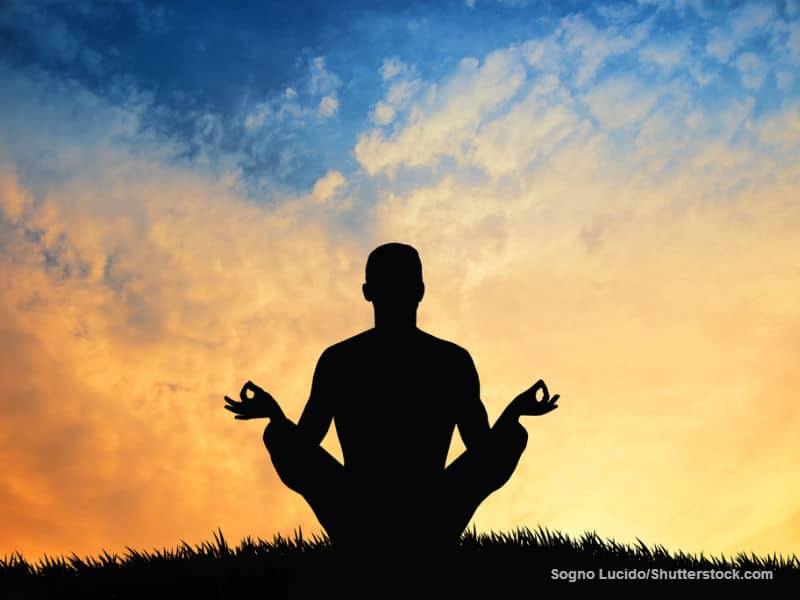Once that person had learned the Dharma, the Buddha did not demand total allegiance. On one occasion he taught a general named Siha, who had been a supporter of the Jains, and who had originally intended to refute the Buddha's teachings. At the end of their discussion, however, the general renounced his allegiance to the Jains and took refuge in the Triple Gem: the Buddha, the Dharma, and the Sangha of his awakened disciples. The Buddha advised him, though, to continue his generosity to the Jains--a sign of the true graciousness and nobility of the Buddha's mind.
So it's hard to imagine him cutting himself off from people who wanted to mix the skills and views they learned from him with the skills and views they wanted to retain from their previous training. And this, in fact, is the way Buddhism has co-existed with the beliefs it encountered during its spread through Asia. In China and Japan it's common to find people who mix Taoism and Confucianism with their Buddhism, just as in Thailand and Tibet it's common to find people who mix animism with theirs.
Still, the Buddha did recognize that a whole-hearted commitment to developing the skills he taught helped to guarantee the best results. That's why he extolled the ideal Buddhist lay person as having five qualities:
In traditional Buddhist circles these qualities set the minimum standards for what it means to be a full-fledged Buddhist.
But what if you feel more like a half-fledged Buddhist and don't know what to call yourself? Consider the words of an Alaskan shaman interviewed by an anthropologist more than a century ago. In response to a series of questions about his beliefs, the shaman finally said, "Look. We don't believe. We fear." He knew that the nature of his fears defined the shape of his practice and his religious identity.
In the same way, Buddhists can be identified by their fears. There are Buddhist fears, such as the fear of the suffering that comes from unskillful intentions, and non-Buddhist fears, such as the fear of a wrong relationship with a divine being. If your religious quest is motivated by Buddhist fears, then that's what you are.

